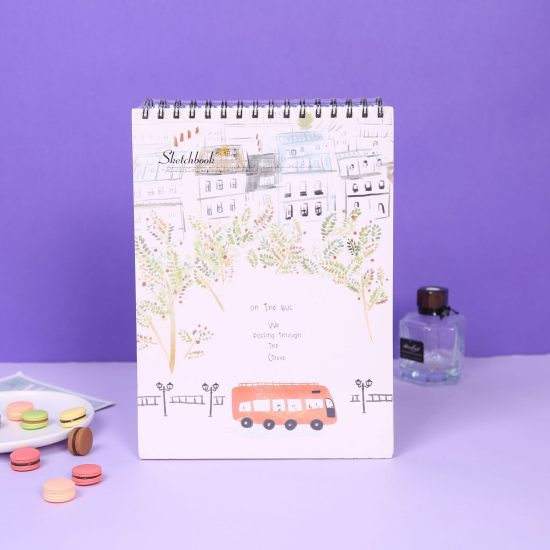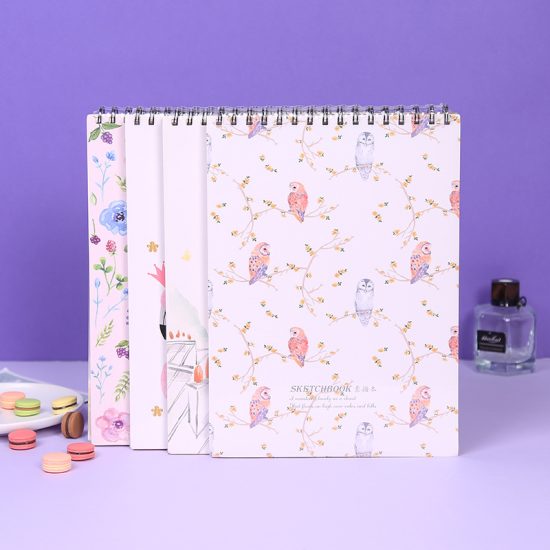The use of a notebook can be incredibly versatile and personalized, depending on your needs and preferences. Here are some common uses for a notebook:
- Note-Taking: Notebooks are widely used for taking notes during classes, meetings, conferences, or while conducting research. They provide a portable and organized way to capture important information, key points, and ideas.
- Journaling: Many people use notebooks as personal journals to record their thoughts, experiences, and emotions. Journaling can be a therapeutic practice that promotes self-reflection, creativity, and personal growth.
- Planning and Organization: Notebooks are excellent tools for planning and organizing tasks, projects, and goals. You can create to-do lists, daily or weekly planners, project outlines, and timelines to stay on top of your responsibilities and track progress.
- Brainstorming and Idea Generation: Use a notebook to brainstorm ideas, mind map concepts, or explore creative solutions. Jotting down ideas as they come to you can help in generating new connections and inspiring innovative thinking.
- Sketching and Drawing: Artists, designers, and doodlers often use notebooks as sketchbooks for creating drawings, illustrations, or rough drafts. The blank pages provide a canvas for expressing creativity and visualizing ideas.
- Tracking Habits and Goals: Many people use notebooks to track habits, set goals, and monitor progress. You can create habit trackers, goal-setting pages, or progress charts to keep yourself accountable and motivated.
- Personal Reflection and Gratitude: Notebooks can be used for personal reflection, self-improvement, and practicing gratitude. You can write down your thoughts, insights, lessons learned, or things you are grateful for, fostering a positive mindset and personal development.
- Creative Writing: If you enjoy writing stories, poems, or essays, a notebook can be your dedicated space for creative writing. It allows you to freely explore your imagination and capture your literary creations.
- Language Learning: Use a notebook to practice and reinforce language learning. Write down new vocabulary, grammar rules, sentence structures, or practice dialogues to improve your language skills.
- Collections and Personal Reference: Notebooks can serve as repositories for collecting and organizing information. Create collections for books to read, movies to watch, favorite quotes, recipes, travel itineraries, or any other personal reference material.
Remember, your notebook is a blank canvas for your ideas, thoughts, and creations. Feel free to customize it to suit your needs and make it a reflection of your unique style and interests. Explore different uses and find the ones that resonate with you the most.


